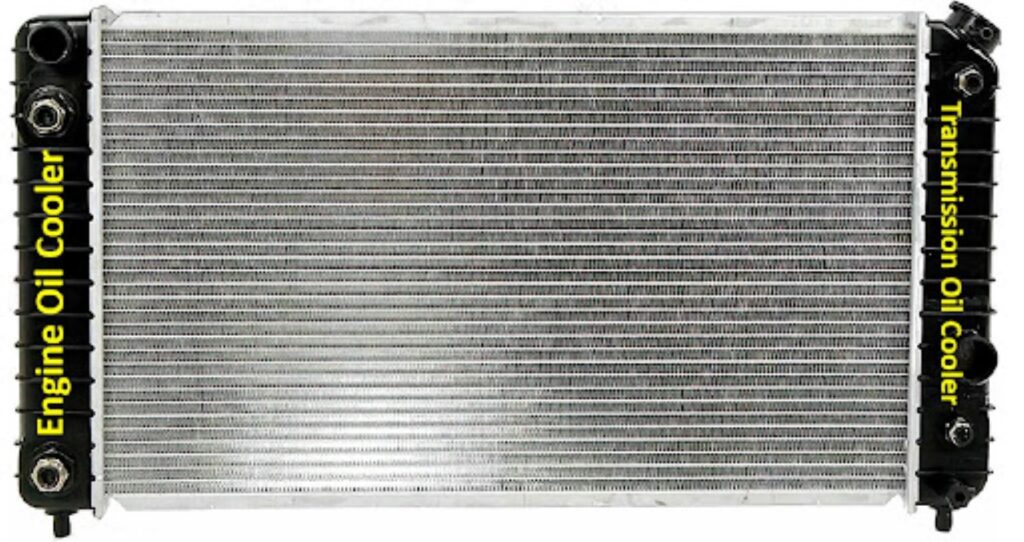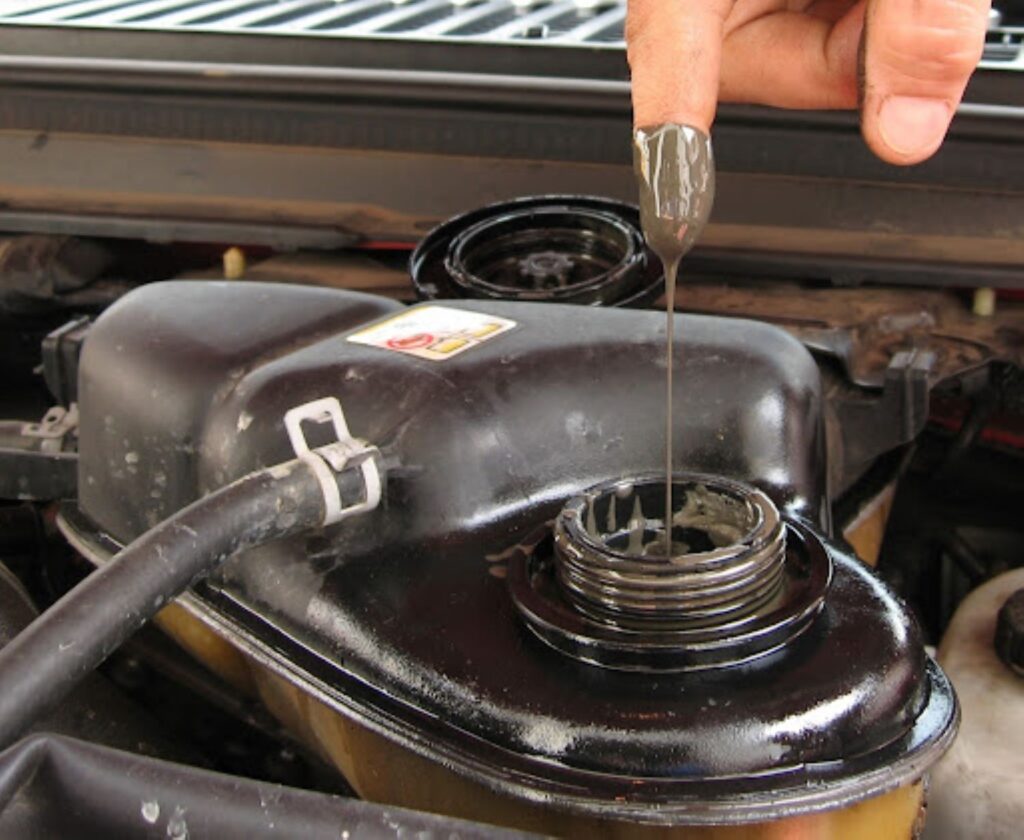Regardless of how great your vehicle is, it would not run without engine oil. To prevent your engine from overheating, your car needs oil to lubricate moving parts including bearings, pistons, rings, cylinders, and other components. Your engine oil needs to be heated to properly lubricate parts. However, how hot is too hot for engine oil? What is its usual temperature?
How Hot Can Engine Oil Get?
It’s normal for your engine oil to increase in temperature during hard acceleration. However, normal engine oil temperature shouldn’t exceed 300°F. Engine oil on gasoline engines averages about 240°F, and on diesels it runs about 210°F.
Engine oil on gasoline engines averages about 240°F, and on diesels it runs about 210°F.
–Richard McCuistian, ASE Certified Master Automobile Technician
Extreme heat or cold can damage your engine. If your engine oil is too cold, it can get too thick. When that happens, it’ll be difficult for your engine oil to flow through the oil passages, making lubrication hard.
On the other hand, engine oil that’s too hot can become too thin. The oil might not have enough film strength to effectively lubricate your engine components—especially those that require metal-to-metal lubrication. The hotter engine oil gets, the more difficult it becomes to maintain good oil pressure.
Good conventional motor oil can withstand oil sump temperatures of up to 250°F, but it begins to degrade at temperatures above 275 °F. The traditional method is to keep oil temperatures between 230°F and 260°F.
A full-synthetic oil can withstand sump temperatures over 300°F, and some oval-track race teams are experimenting with ultra-thin, specially formulated, race-only synthetics that can operate at 350°F or higher.
Note that while it’s not uncommon for pickups to have a transmission oil temperature gauge as part of the instrument cluster, engine oil temperature gauges are largely an aftermarket accessory.

Oil Coolers
An oil cooler, like any other cooler, is basically a heat exchanger that allows the engine oil to transfer its heat by conduction to metal parts that are designed to convey the absorbed heat away through coolant or the surrounding air. And since heat is what travels (cold is the absence of heat), as the heat is transferred out, the oil becomes cooler.
Controlling oil temperature is crucial for high-performance or turbocharged engines. An oil pan with a large capacity and built-in cooling fins can help control oil temperature.

Some engines, even on non-high-performance vehicles like pickups and SUVs, come equipped with remote-mounted oil coolers or filter head mounted engine oil coolers with coolant hoses connected to them.

Oil coolers control temperature with the help of coolant or the airflow that flows through the cooler.
Oil coolers mounted in the radiator tend to warm the oil when the engine is cold and cool it when the engine is hot.
How Frequently Should I Change My Engine’s Oil?
Your driving style, the type of oil in your engine, and environmental circumstances all play a role. Today, a majority of auto manufacturers advise longer service intervals of 5,000 miles, 7,500 miles, 10,000 miles, or more. Our tip is to heed their instructions and make sure you use motor oil that satisfies your engine’s OEM specifications.
Do Motor Oils Deteriorate?
Yes, many factors can contribute to motor oil deterioration, and one of them is high heat. High temperatures accelerate the oxidation of motor oils, especially since modern engines can reach temperatures of 235°F or higher.
How to Dispose of Old Oil
You should never dispose of used motor oil on your own because it is hazardous to your health and the environment. It is best to dispose of used oil in an empty, clean, and sealed container, such as an old oil container or an empty milk jug.
Drop off your old oil at your local auto shop or any other location that accepts used motor oil. These locations will then collect used motor oil and recycle or dispose of it properly.
Any information provided on this Website is for informational purposes only and is not intended to replace consultation with a professional mechanic. The accuracy and timeliness of the information may change from the time of publication.

































